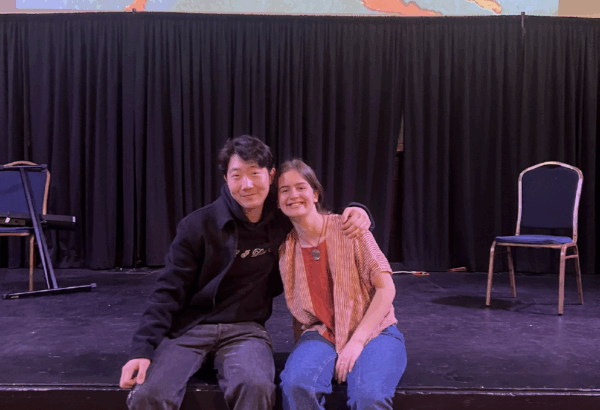There can be no friendship without freedom. Friendship loves free air…It speaks freely and acts so too. It takes no ill when no ill was meant, and even when ill was meant friendship willingly forgives—and forgets—on the slightest admission. True friends reveal their thoughts freely, advise justly, help willingly, take risks boldly, endure patiently, defend courageously and continue unchangeably.
– William Penn The Fruits of Solitude (1693)
In this current moment, what are the particular challenges evoked by Penn’s definition of friendship? Why is his assertion “that there can be no friendship without freedom” and especially the freedom to speak and forgive (and forget) “on the slightest admission” words spoken, worth extra consideration in the age of social media and political polarization? Some may argue that friendship has been cheapened by its use as a verb on sites like FB, some might argue that discourse itself has been cheapened by the lack of thought that goes into composing a tweet, a cable news sound bite or another digital missive.

Yet, one could also argue that this is precisely the time that true friends are deeply needed and cherished. Living amidst the social restrictions of COVID-19, makes connecting with friends deeply meaningful in ways taken for granted pre-pandemic. During this time of deep political and social divisiveness, Penn’s last sentence gives me pause. I am grateful for “true friends” with whom I can be free and “take risks boldly.” I need to make sure that I am able to “advise justly, help willingly…endur(e) patiently” and “defend courageously” even when so much is swirling around. If a friend says something not in line with what I know to be true, can I push back in a way that reveals to them that I am not going anywhere, that I will “continue unchangeably” committed not just to the ideas we are discussing but to them, my friend?


